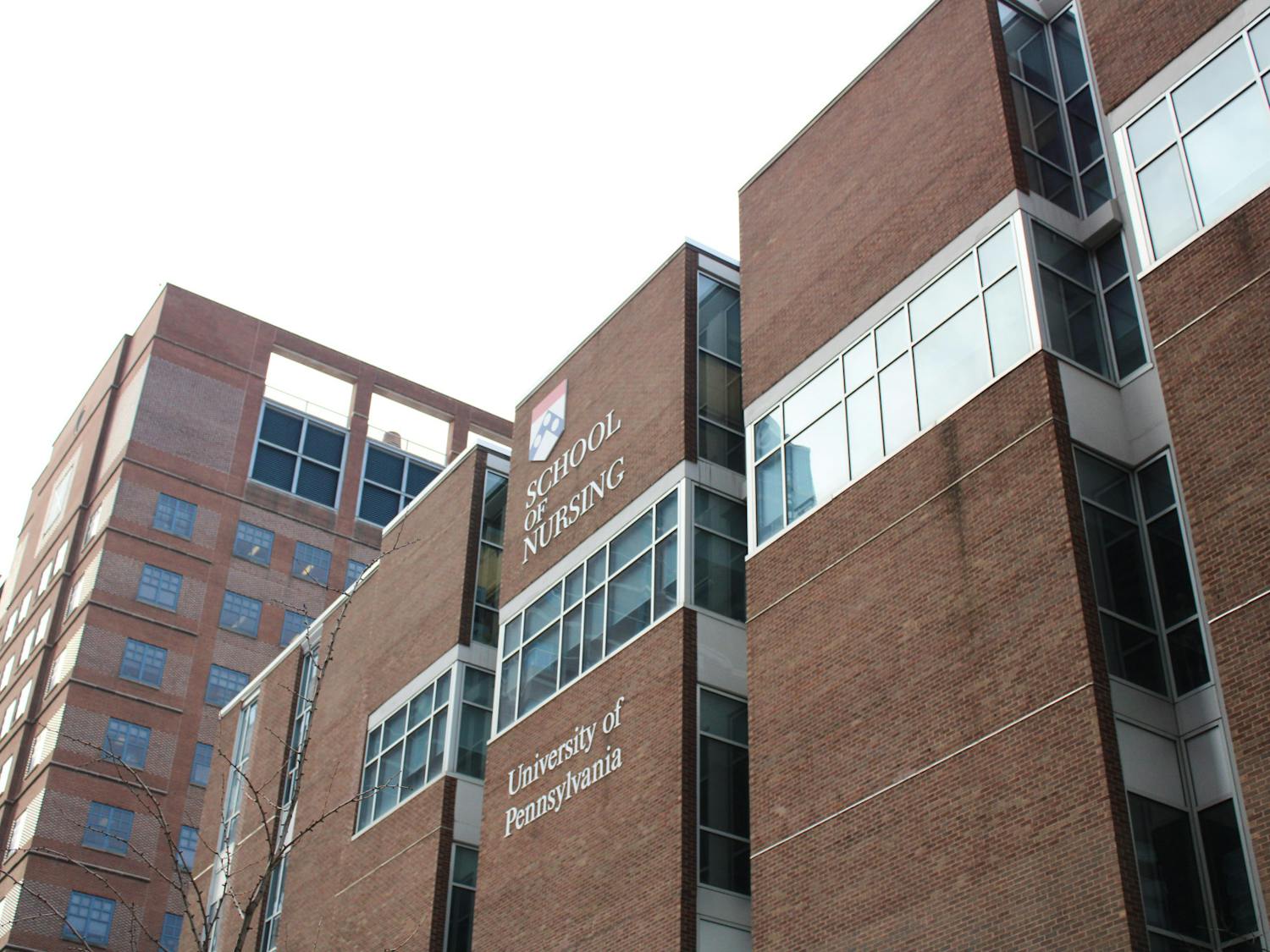If a scan of your brain shows that you're likely to kill your roommate, should that be held against you in a court of law?
The Penn Center for Neuroscience and Society, which opened its doors in July, hopes to promote discussion of issues similar to that one among students, legal professionals and scholars.
Directors Martha Farah and Joe Powers said they hope that the Center will become a mecca for the growing field of neuroethics in the coming years.
CNS will strive to be active in education, research and policy, Powers said, with a certification program in neuroethics aimed at scientists and clinicians as well as a Neuroscience Boot Camp designed to give professionals in other fields grounding in the basics of neuroscience.
The first Boot Camp, held last August, included economists, lawyers, and public policy makers among its students.
Powers said the CNS's role in the shaping of public policy has yet to be fully determined, but could include white papers or more active lobbying.
The Center for Neuroscience and Society grew out of an informal meeting in 2002 of neuroscientists, including Farah, who perceived a growing need for discussion about the legal and moral ramifications for advances in neuroscience.
Two years ago, Farah, along with Vice Provost for Research Steve Fluharty and other members of the Penn community, began the formal process of creating the Center, with cross-disciplinary input from a majority of Penn's schools.
"Penn has long been in the forefront of neuroethics, the study of the ethical, legal and social implications of neuroscience, and the new Center will solidify Penn's leadership in this field," Farah said. "We aim to make Penn the world leader in neuroethics."
Penn has a long history of involvement on the cutting edge of neuroscience, going back 50 years to the founding of the Center for Neuroscience, the first of its kind.
And the focus for future appointments in the Penn Integrates Knowledge program, which aims to increase interdisciplinary faculty hires, will be in the field of neuroscience, according to Provost Vincent Price.
College junior Megan Kauffman, former administrative assistant for the Neuroethics Society and assistant editor for Penn Bioethics Journal, said she hopes that CNS will broaden knowledge of neuroethical issues on campus.
"It's really going to bring about awareness of neuroethics-related issues, as our technology evolves in brain imaging," Kauffman said. "Is it okay for us to use that technology, say, in a court of law if a scan shows that someone is prejudiced, does that automatically mean that they committed a hate crime? Those kinds of issues are coming about and it's really neuroethics' purpose to discuss those things."
CNS is running a series of talks on neuroscience which are open to the public. The first talk, "Cognitive Enhancing Drugs," will be held October 8.








